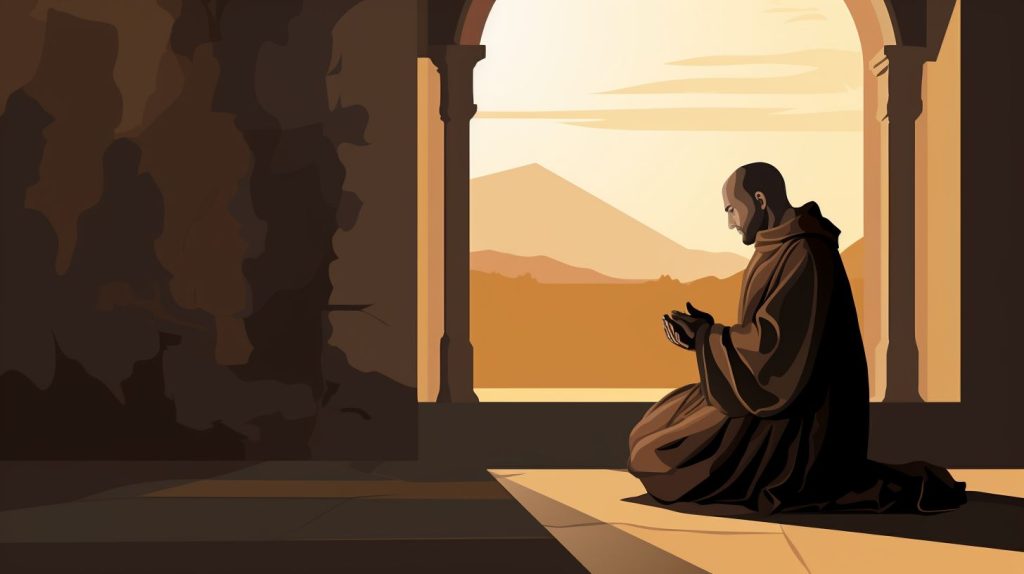Exploring the Power of Prayer with Saint Padre Pio
Introduction to the Spiritual Essence of Prayer In a world brimming with the clamor of daily life, where the air often feels thick with the pressures and anxieties of our existence, the words of Saint Padre Pio of Pietrelcina come as a refreshing breeze: “Prayer is the oxygen of the soul.” This profound statement encapsulates […]
Exploring the Power of Prayer with Saint Padre Pio Read More »










